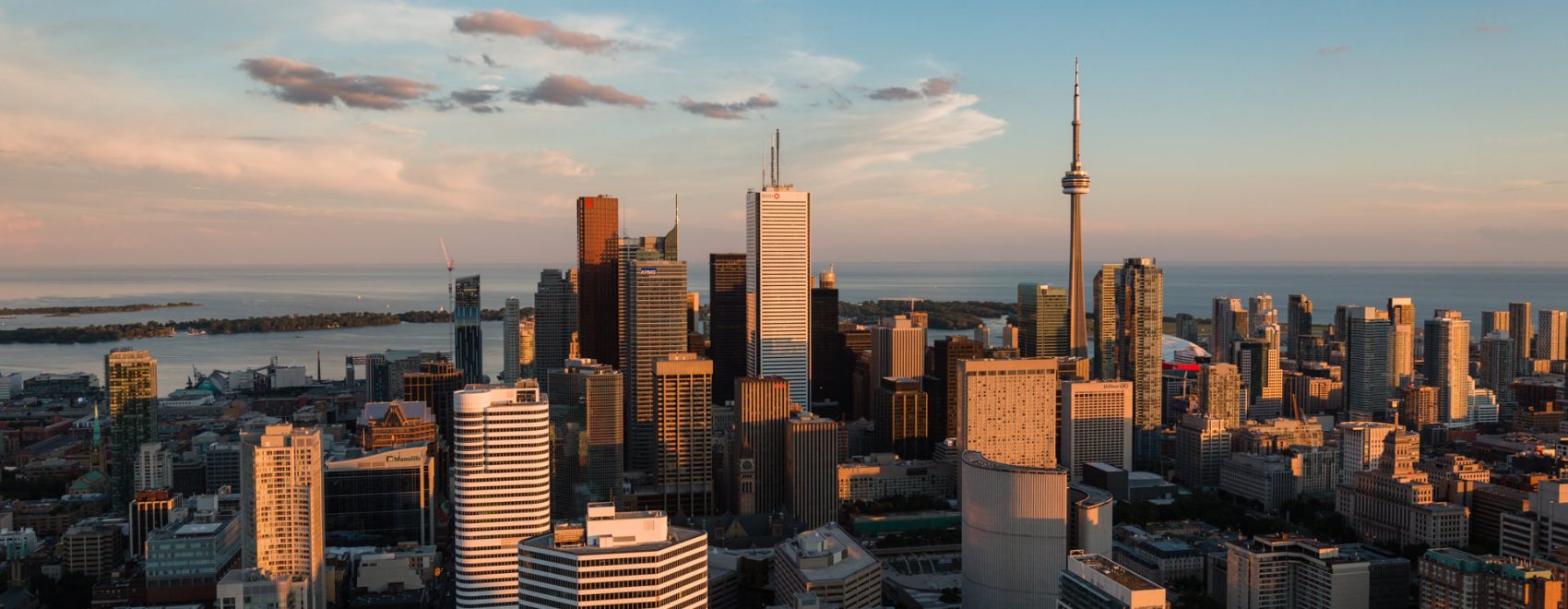If you are charged with a criminal driving offence do not make the mistake of facing the charges without speaking to an experienced criminal lawyer. Criminal driving offences are made up of a complicated labyrinth of legislation including the Criminal Code, the Highway Traffic Act, and the Provincial Offences Act. An experienced criminal lawyer will work through this maze and do their best to ensure a positive outcome for you.
Criminal driving charges
In 2018 the government enacted new Criminal Code provisions to replace all transportation offences. The new part in the Criminal Code that deals with transportation offences is called “Offences Relating to Conveyances”. The stated intent of the new legislation is to modernize and simplify the legislation with a more coherent structure.
The new legislation has some advantages. For example, it permits earlier enrollment in a provincial ignition interlock program. On the other hand, the new law eliminates some of the procedural defences that could arise from a sloppy investigation and technical problems with proof of blood alcohol concentration levels. For example, section 320.27 creates the police power to demand an approved screening device breath sample without any prior suspicion of the presence of alcohol. Additionally, section 320.14(c) and (d) makes it an offence to be over the legal limit within two hours of driving. There are also new provisions that deal with evidentiary matters and what, if any, disclosure you may be entitled to.
Defences to a driving charge
There are a number of driving offences in the Criminal Code. These offences deal with the operation of conveyances which is defined as any motor vehicle, vessel, aircraft, or railway equipment. The definition includes recreational vehicles such as boats and snowmobiles. Driving offences include dangerous or impaired operation; refusing to comply with a demand; failing to stop after an accident or flight from police; and, operating a vehicle while prohibited.
Defending against criminal driving offences often requires a thorough investigation of the events leading up to the arrest. For example, the initial stop may have been improper or arbitrary. Or, the authorities may have failed to provide rights to counsel in a timely manner. And sometimes, the evidence of an approved screening device may not be entirely reliable. An experienced criminal defence lawyer can challenge the evidence and fight for you to achieve the best outcome possible.
Consequences of a driving offence
A conviction for impaired operation of a conveyance or for refusing to provide a breath sample carries harsh consequences. For a first conviction, the Criminal Code sets out a minimum fine of $1,000, a mandatory driving prohibition of one year, and a criminal record. On a second conviction, there is minimum term of imprisonment for 30 days and a mandatory driving prohibition of at least two years but not more than ten years. And, for each subsequent offence, there is a minimum term of imprisonment for 120 days and a mandatory driving prohibition of at least three years.
In addition to criminal sanctions, there may also be collateral consequences such as higher insurance premiums and a license suspension through the Ministry of Transportation.
Driving offences are extremely serious and can result in expensive fines, a driving prohibition, losing a professional license, a criminal record, and even a jail sentence. Getting professional representation as soon as possible after a driving charge is the best way to achieve a positive outcome. Are you charged with a driving offence? Contact the law office of Deniz Sarikaya at 647-282-5777 for a free consultation.
